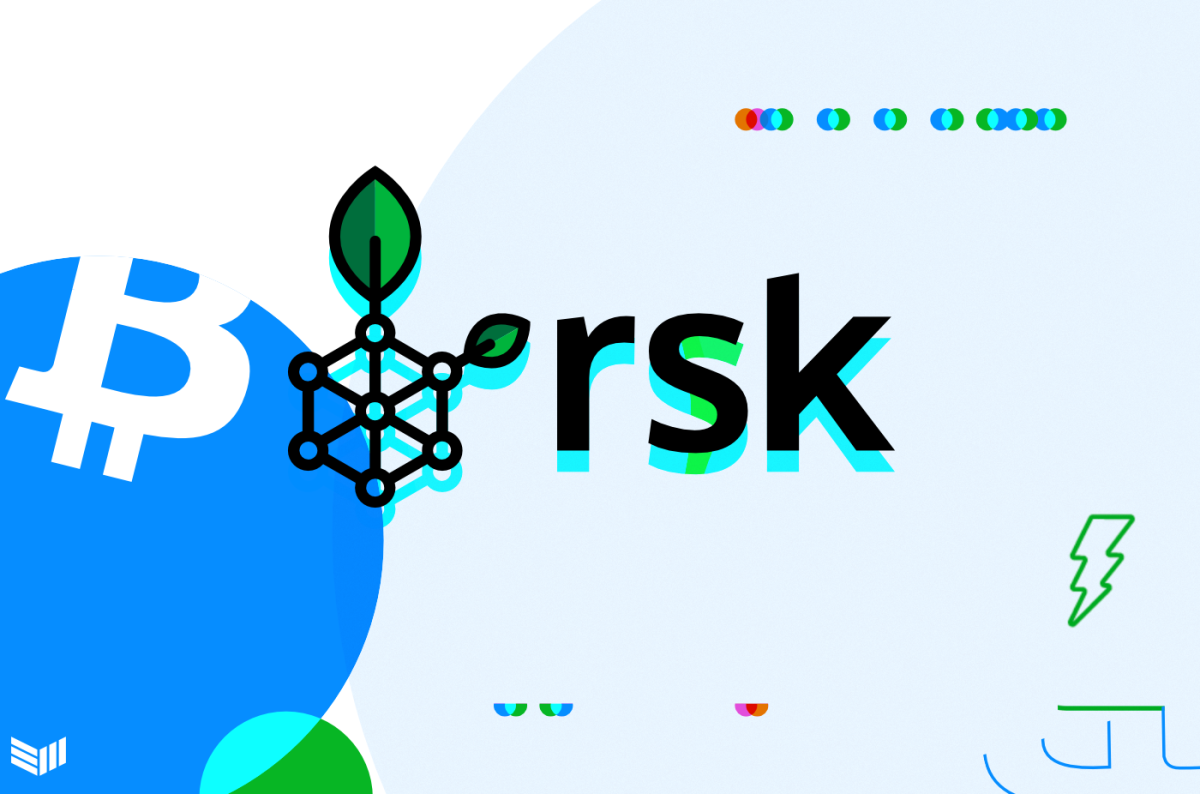
RSK, the Ethereum-like sidechain for Bitcoin developed by IOVlabs, is evolving. The federated pegging mechanism, which is based on a Bitcoin multi-signature (multisig) address, is migrating to a system that leverages hash power through RSK’s new special-purpose hardware security modules.
“We're very excited with this release as it is a big step towards a full decentralized smart contract platform on top of Bitcoin,” IOVlabs Chief Scientist Sergio Demian Lerner told Bitcoin Magazine. “This is something the ecosystem requires."
Sidechains And Two-Way Pegs
Bitcoin sidechains are alternative blockchains with tokens that are pegged to bitcoin; one token can always be exchanged for one bitcoin, so their values should be the same. A sidechain can be designed with different protocol rules, however. The RSK sidechain uses many of Ethereum’s rules, enabling for Turing-complete smart contracts.
RSK is merge-mined by a subset of all Bitcoin miners, with a majority of Bitcoin miners (by hash power) currently taking part. They use their existing hash power to produce sidechain blocks, and earn some extra transaction fees by doing so.
RSK tokens, which are called “bitcoin on RSK” or rBTC, are backed one-to-one by actual bitcoin on the Bitcoin blockchain (BTC) by locking bitcoin up in a multisig address on the Bitcoin blockchain to issue an equal amount of rBTC on RSK (“peg-in”). This happens through an RSK smart contract called the “bridge contract” that keeps track of the Bitcoin multisig address. Unlocking the BTC only happens when an equal amount of rBTC is locked by sending it back to the RSK bridge contract (“peg-out”).
A “federation” of renown cryptocurrency businesses are holding the keys to the Bitcoin multisig address. (The original announcement consisted of 24 companies, an unknown subset of which is currently partaking.) They are collectively trusted to only unlock BTC from the multisig when an equivalent amount of rBTC is locked. But technically, they could collude and steal the contents of the multisig address, leaving rBTC holders without the option to exchange their sidechain tokens for real bitcoin.
In the new RSK upgrade, Powpeg, the multisig will be controlled by a larger group of high-profile companies (called “Pegnatories”). Each of the Pegnatories runs a special-purpose hardware security module that holds the signing keys (called “PowHSMs”). These modules will only ever unlock bitcoin from the multisig if the equivalent amount of rBTC is locked by sending them back to the RSK bridge contract, and if this RSK transaction has 4,000 confirmations (which is approximately equivalent to 200 Bitcoin confirmations). The hardware modules make sure that the peg-out transaction has 4,000 RSK confirmations by checking an RSK Simplified Payment Verification (SPV) proof.
Without 4,000 RSK confirmations, or without cooperation from a majority of PowHSM holders, the bitcoin stay in the multisig. (Powpeg is what IOVlabs calls a “vetocracy.”)
“The Powpeg adopts a defense-in-depth approach to security, stacking security layers, such as the Bitcoin hash rate confirmation of peg-outs,” Lerner said. “This allowed us to achieve a unique multisignature vault with transparent and auditable time-delayed access. I believe this is very important because the decentralized financial system must be built on the strongest security foundations."
The identities of the high-profile companies that will act as Pegnatories will be announced over the coming weeks. After that, additional technologies could be developed to further decentralize the peg, including the capability to permisionlessly introduce competing pegs.
RSK
RSK, formerly spelled out as “Rootstock,” was launched in January 2018. The sidechain currently supports all the transaction types and smart contracts that Ethereum supports. This also means that it supports any programming language that can be used for Ethereum, like Solidity, Julia and Vyper.
As decentralized finance (DeFi) solutions where users can borrow, lend and trade coins are becoming popular in the Ethereum community, IOVlabs hopes to bring these use cases to Bitcoin through RSK.
Lerner:
"We believe RSK should be the DeFi platform of choice for bitcoiners. We are committed to the ecosystem spirit and mindset of decentralization and security, and wish to make bitcoin and bitcoin-based financial opportunities available to all"
With Powpeg representing another step toward decentralizing the RSK sidechain, IOVlabs still plans to eventually turn RSK into a drivechain: a sidechain that is completely secured by hash power, for which two Bitcoin Improvement Proposals (BIPs) have been proposed. Instead of a federated system (with or without secure elements), “moving” coins between Bitcoin’s blockchain and the sidechain would be based on hash power alone. Lerner said it would be very easy to update the current RSK design to a drivechain.
For more information on Powpeg, also see this Medium post by Sergio Demian Lerner.










